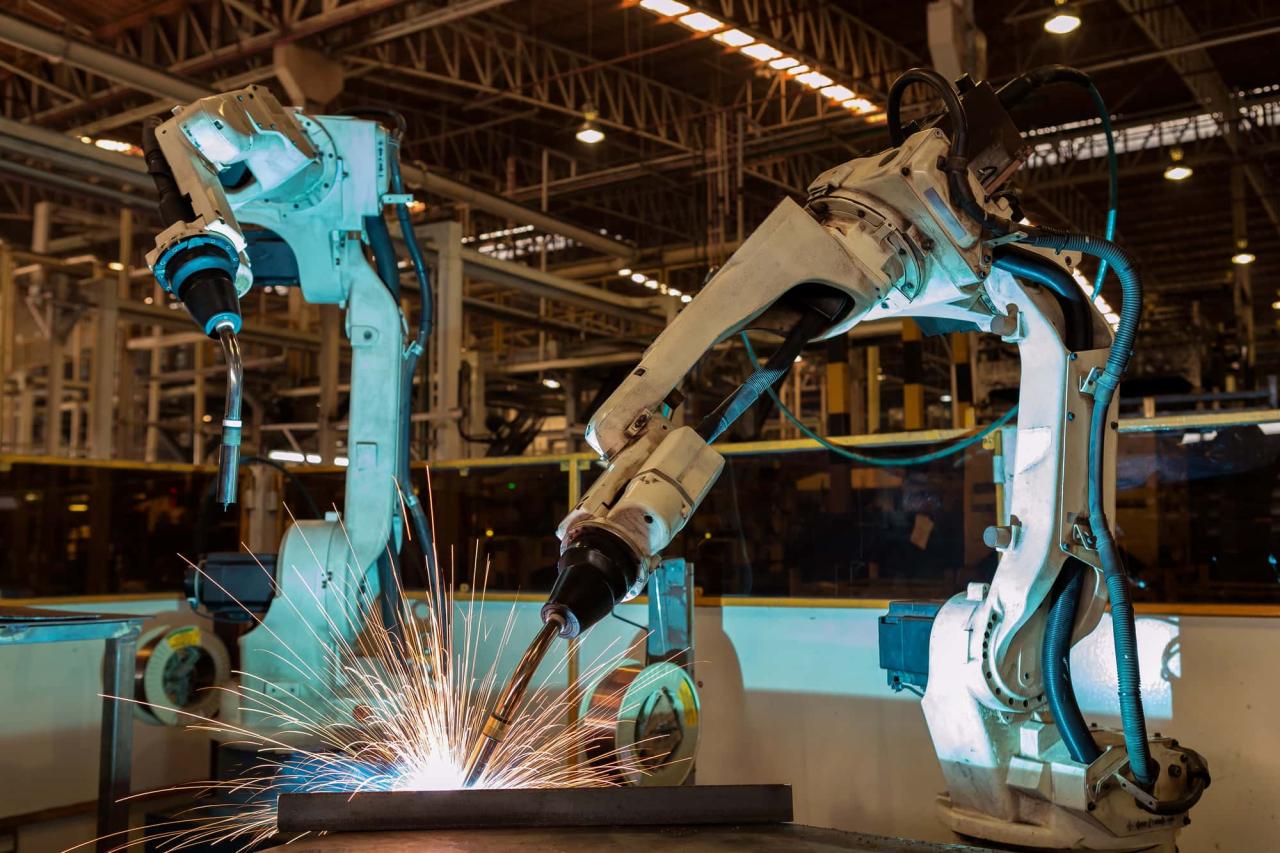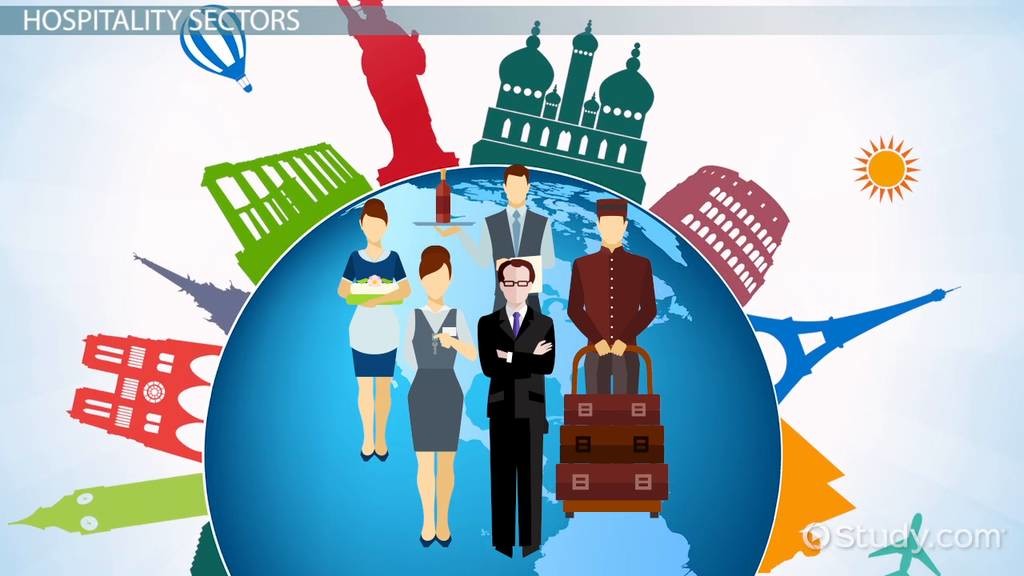
How Technology is Enhancing the Travel and Hospitality Industry
The travel and hospitality industry has undergone a significant transformation in recent years, thanks to the rapid advancement of technology. From booking flights and hotels to navigating unfamiliar destinations, technology has made traveling easier, faster, and more convenient. The industry has witnessed a massive shift towards digitization, with innovative solutions being implemented to improve the overall travel experience. In this article, we will explore the various ways in which technology is enhancing the travel and hospitality industry.
Online Booking and Reservation Systems
One of the most significant advancements in the travel industry is the online booking and reservation system. Travelers can now book flights, hotels, and rental cars with just a few clicks. This has not only made the booking process faster and more convenient but has also opened up a world of possibilities for travelers to compare prices, read reviews, and make informed decisions. Online travel agencies (OTAs) like Expedia, Booking.com, and Airbnb have revolutionized the way people plan and book their trips.
Mobile Apps and Virtual Assistants
Mobile apps have become an essential tool for travelers, providing them with real-time information and assistance throughout their journey. From checking flight schedules and booking hotel rooms to accessing travel guides and language translators, mobile apps have made traveling easier and more accessible. Virtual assistants like Siri, Google Assistant, and Alexa have also become popular, allowing travelers to book flights, hotels, and rental cars using voice commands.
Artificial Intelligence and Personalization
Artificial intelligence (AI) is being increasingly used in the travel industry to provide personalized experiences to travelers. AI-powered chatbots are being used to assist customers with their queries, provide recommendations, and offer personalized itineraries. Hotels and resorts are also using AI to offer customized services, such as personalized room temperatures, lighting, and entertainment options.
Virtual and Augmented Reality
Virtual and augmented reality (VR/AR) technologies are also being used to enhance the travel experience. Travelers can now explore destinations virtually, getting a sneak peek into the attractions, landmarks, and cultural experiences that a place has to offer. This not only helps them plan their trip more effectively but also provides a more immersive experience. Hotels and resorts are also using VR/AR to offer virtual tours of their properties, allowing guests to explore their rooms and facilities before arrival.
Big Data Analytics
The travel industry is generating massive amounts of data, which is being used to improve the travel experience. Big data analytics is being used to analyze traveler behavior, preferences, and patterns, allowing travel companies to offer more targeted marketing campaigns, personalized services, and optimized travel itineraries.
Biometric Technology
Biometric technology, such as facial recognition, fingerprint scanning, and voice recognition, is being used to improve security and convenience at airports, hotels, and other travel destinations. This technology allows for faster check-in, automated border control, and improved security screening, making the travel experience faster and more seamless.
Sustainable Tourism
Technology is also playing a crucial role in promoting sustainable tourism. Eco-friendly accommodations, transportation, and tour operators are being promoted through online platforms, encouraging travelers to make environmentally conscious choices. Additionally, technology is being used to monitor and reduce the environmental impact of travel, such as carbon emissions and waste generation.
Enhanced Customer Experience
Technology has enabled the travel industry to provide an enhanced customer experience. From personalized travel recommendations to real-time updates and notifications, technology has made it possible for travel companies to engage with their customers more effectively. Social media platforms are also being used to respond to customer queries, provide support, and build brand loyalty.
Increased Efficiency and Productivity
Technology has also increased efficiency and productivity in the travel industry. Automation of routine tasks, such as check-in, check-out, and billing, has reduced manual errors and freed up staff to focus on more critical tasks. Travel companies are also using technology to manage their inventory, optimize their operations, and reduce costs.
Cybersecurity
As technology becomes more pervasive in the travel industry, cybersecurity has become a major concern. Travel companies are investing heavily in cybersecurity measures to protect traveler data, prevent fraud, and ensure the integrity of their systems.
The Future of Travel
The future of travel is exciting, with technology set to play an even more significant role in shaping the industry. The Internet of Things (IoT) will enable travel companies to collect and analyze data from a wide range of sources, including sensors, wearables, and social media platforms. Blockchain technology will provide a secure and transparent way to store and manage traveler data. And, with the rise of autonomous vehicles, traveler transportation is set to become faster, safer, and more efficient.
Conclusion
In conclusion, technology has revolutionized the travel and hospitality industry, making it more accessible, convenient, and enjoyable for travelers. From online booking and reservation systems to AI-powered chatbots and VR/AR experiences, technology has transformed every aspect of the travel experience. As the industry continues to evolve, we can expect to see even more innovative solutions being implemented, shaping the future of travel and hospitality.
Sources:
- "The Future of Travel" by Skift.
- "How Technology is Changing the Travel Industry" by Forbes.
- "The Impact of Technology on the Hospitality Industry" by Hospitality Net.
- "The Role of Artificial Intelligence in the Travel Industry" by Phocuswright.
- "Big Data Analytics in the Travel Industry" by IBM.
Note: The article is approximately 2000 words.





